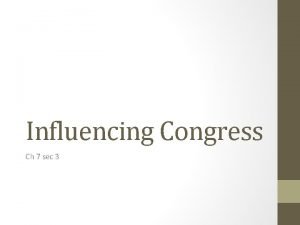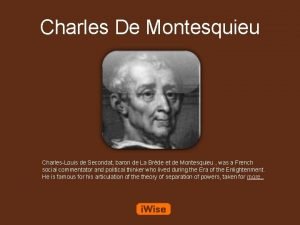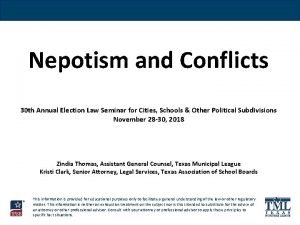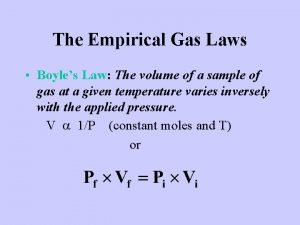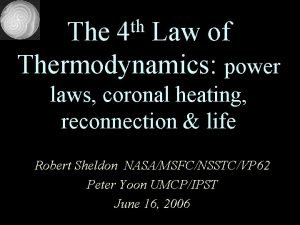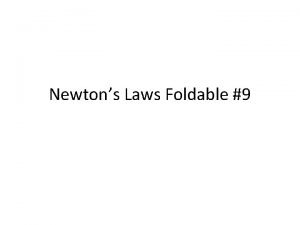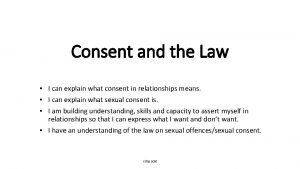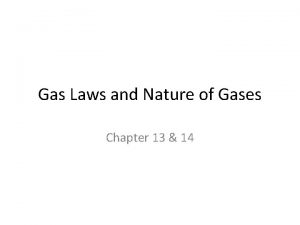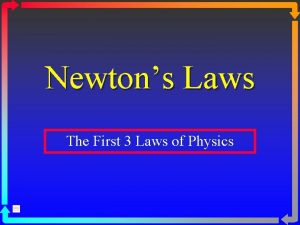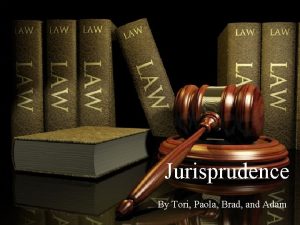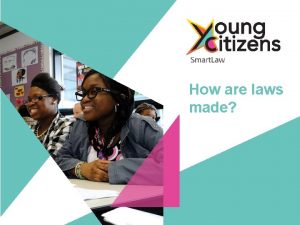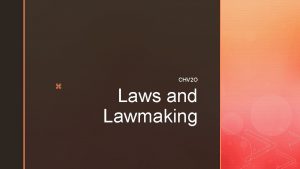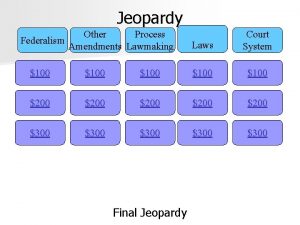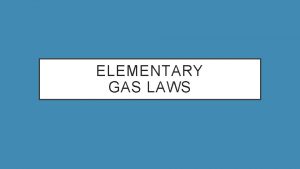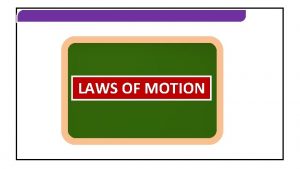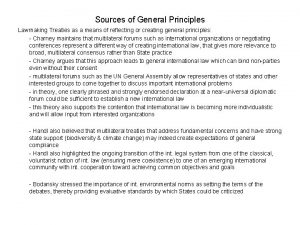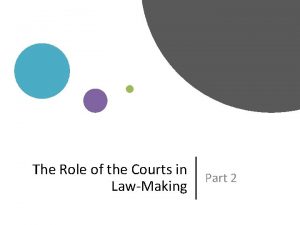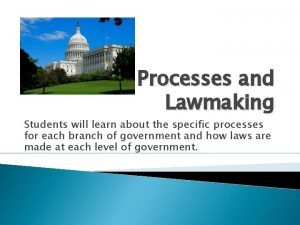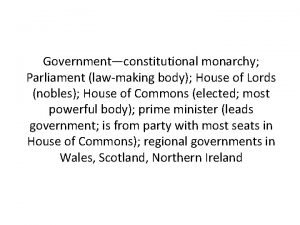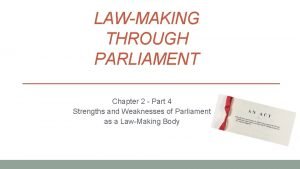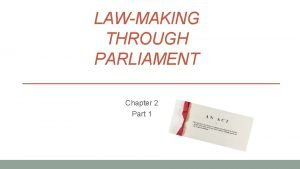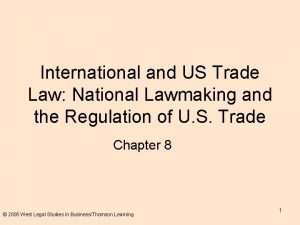Lawmaking Where are laws made Laws are made





















- Slides: 21

Lawmaking

Where are laws made? Laws are made through legislatures, bodies of the government responsible for passing laws.

Where do we find legislators? Federal Government State Government Local Government

Limited Power Federal Government • Affect every person in every state • National Impact • Examples include environmental laws, national security, public health, civil rights, post office, social security

Broader Power State Government • Ability to legislate over all areas *not* granted to Congress in the Constitution • Examples include education, transportation, family law, criminal law

Ordinances Local Government • Narrowest scope but most impact on our daily lives • Examples include land use, parking, schools, regulation of local business

Wait! What happens if the state laws contradicts Federal laws?

Supremacy Clause

Supremacy Clause “The Constitution and the laws of the United States. . . Shall be the supreme law of the land. ”

Federal Government State Government

Ok. I got it. Federal State Local So? How are lows made?


That was cute. But a little confusing. I think I need more details. .


Wow. That was A LOT of information. Can we break it down?

Legislative Process • First, a Representative sponsors a bill. • The bill is then assigned to a committee for study. • If released by the committee, the bill is put on a calendar to be voted on, debated or amended. • If the bill passes by simple majority (218 of 435), the bill moves to the Senate. • In the Senate, the bill is assigned to another committee and, if released, debated and voted on. • If the Senate makes changes, the bill must return to the House for concurrence. • The resulting bill returns to the House and Senate for final approval. • The President then has 10 days to veto the final bill or sign it into law.

One more thing! Laws need to be clear. Right?

The Unclear Law The city of Beautifica has established a lovely park in the city. The city council wishes to preserve some elements of nature, undisturbed by city noise, traffic, pollution, and crowding. The park is a place where citizens can go and find grass, trees, flowers, and quiet. In addition, there are playgrounds and picnic areas, and at one time a road ran through the park. Now the road is closed. The city council has enacted a law requiring that all entrances to the park have the following sign posted: NO VEHICLES IN THE PARK.

Recap • Laws are made by legislative bodies. • Legislators can be found at Federal, state, and local levels. • When there is a conflict, the Supremacy Clause tells us that Federal Law will always prevail. • The Federal Legislative process requires approval from the House, Senate, and the President. • Laws should be clear so people understand the expectations.

You ready?

Classroom Bill of Rights • • • Class will be broken into two groups (Senate and House) “Representative” from House will propose a bill “House” will vote If it passes, “Senate” will vote If it passes, “President” (teacher) will sign or veto • Then we will try with the with “Senate” going first • If a bill does not pass, it has to return to appropriate group for revisions
 Mikael ferm
Mikael ferm Lawmaking process
Lawmaking process Facts about montesquieu
Facts about montesquieu Texas nepotism laws
Texas nepotism laws Balanced occlusion gpt 9 definition
Balanced occlusion gpt 9 definition Assumptions of absolute advantage theory
Assumptions of absolute advantage theory Instruments for access cavity preparation
Instruments for access cavity preparation Laws of optics
Laws of optics Kmt gas laws
Kmt gas laws Kentucky nursing laws
Kentucky nursing laws Elizabethan poor law of 1601 summary
Elizabethan poor law of 1601 summary What are the empirical gas laws
What are the empirical gas laws Thermodynamics laws
Thermodynamics laws Codes that maintain formal social control through laws
Codes that maintain formal social control through laws Sudantenland
Sudantenland Laws of probability
Laws of probability Newton's laws foldable
Newton's laws foldable Exponents in fractions
Exponents in fractions Consent and the law
Consent and the law Ideal gas law problems
Ideal gas law problems ßwe
ßwe Good people do not need laws plato
Good people do not need laws plato

